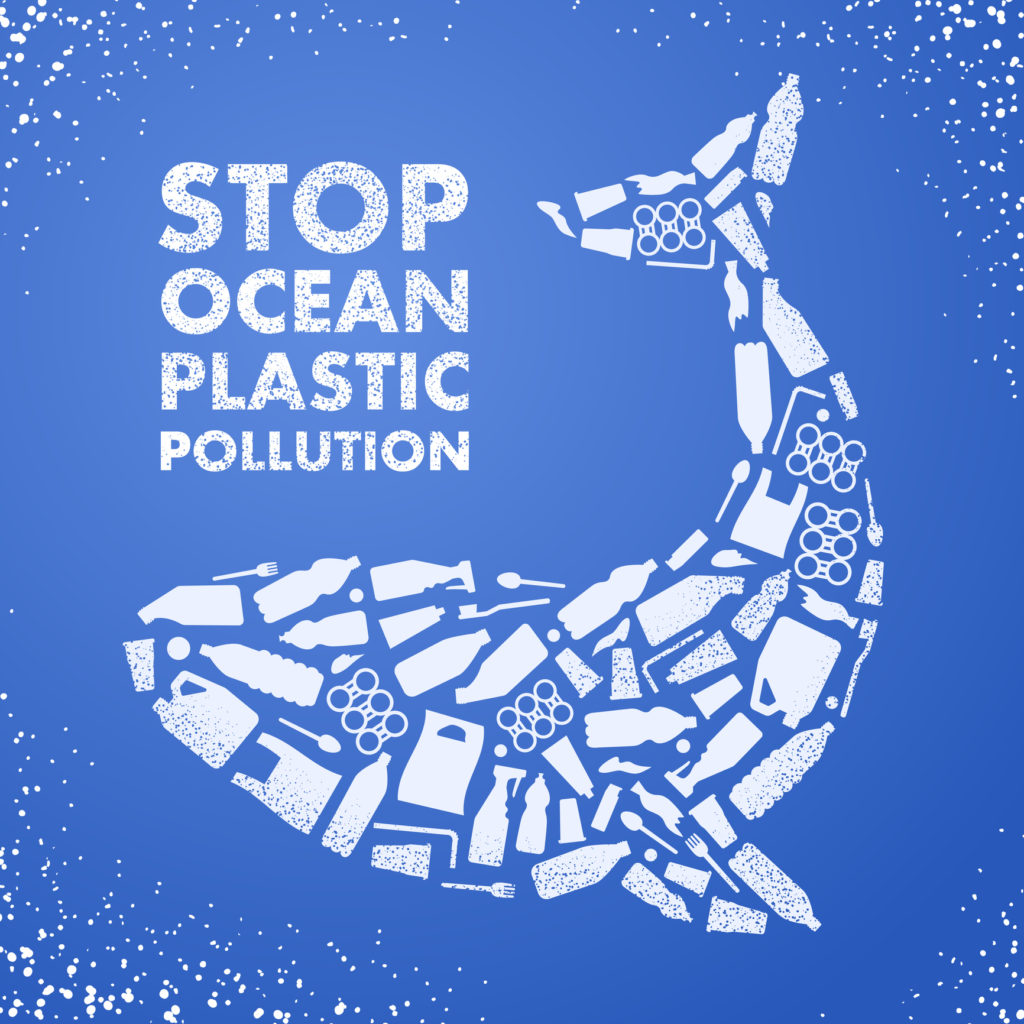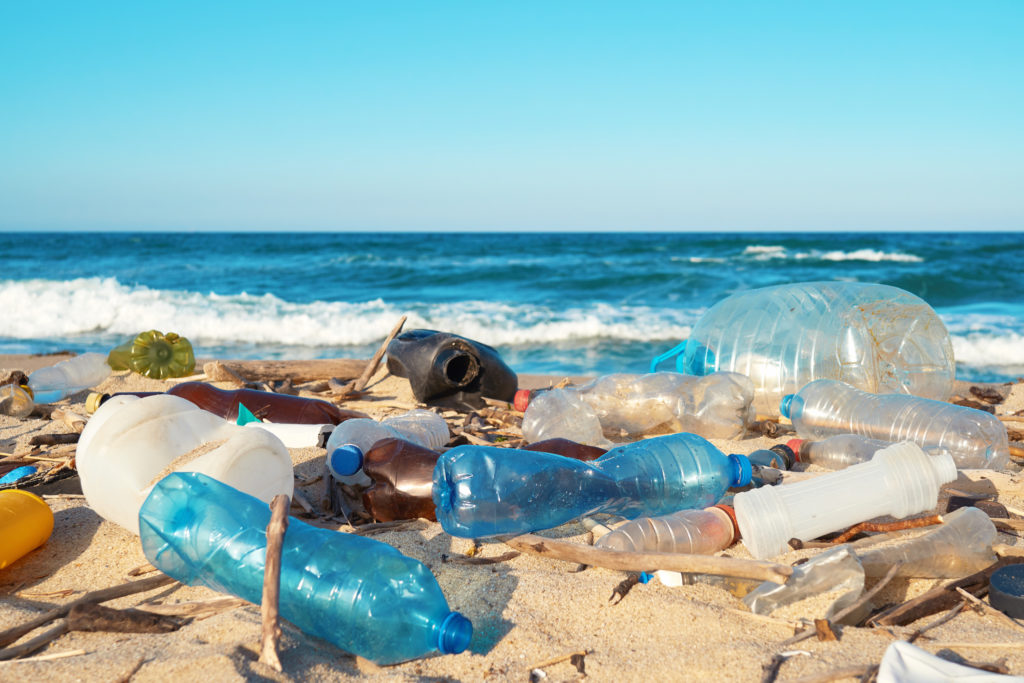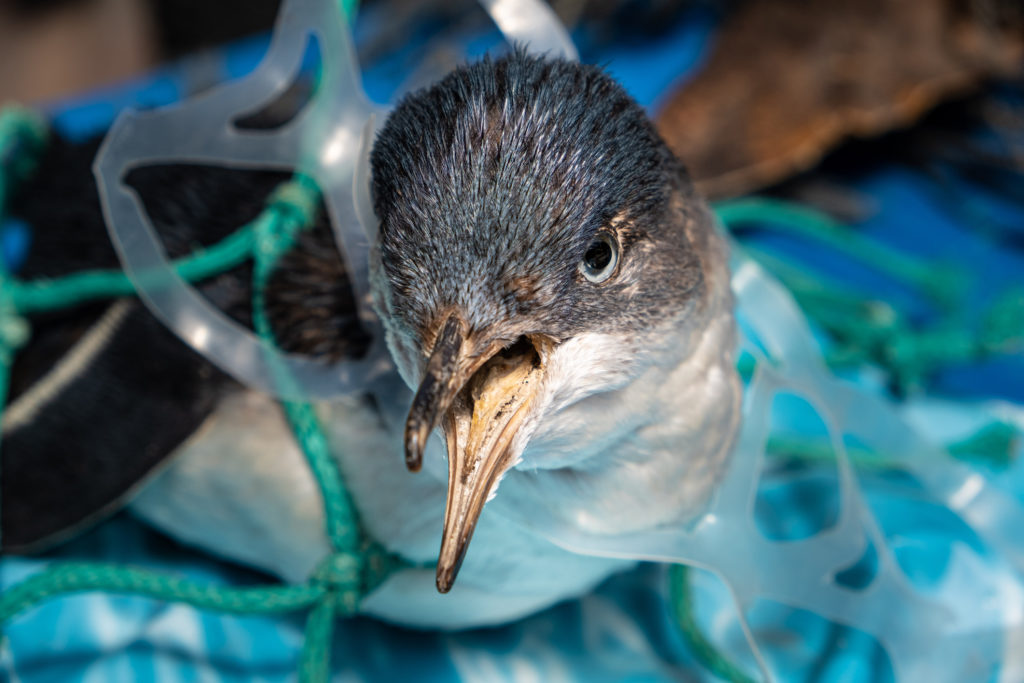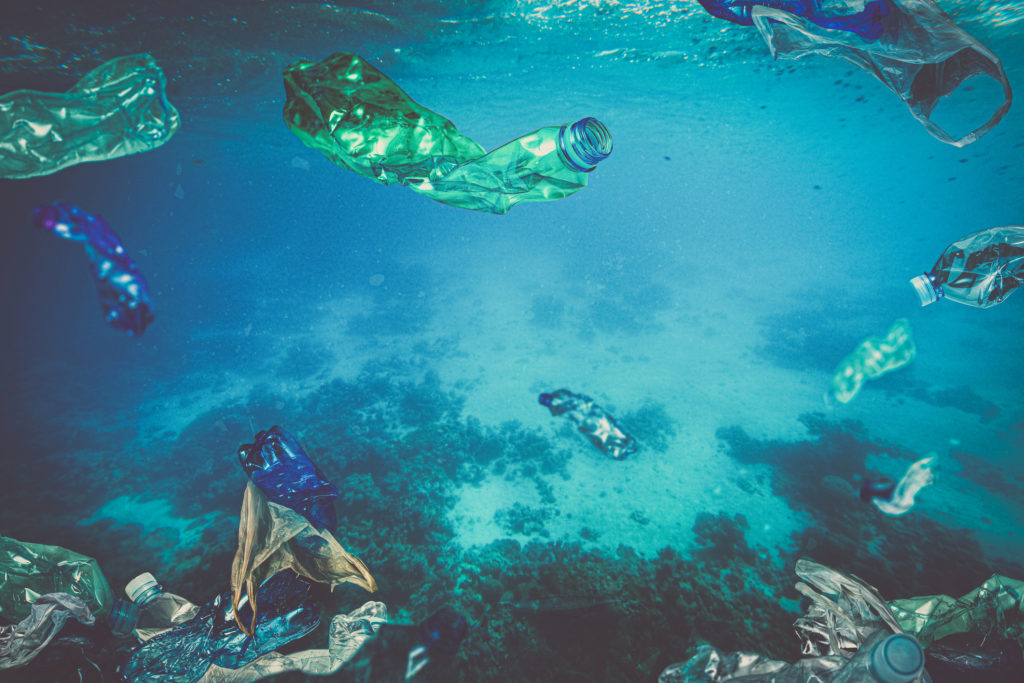Ocean plastic pollution is a growing environmental issue affecting marine life and ecosystems worldwide. As plastic production and consumption continue to increase, the amount of plastic waste entering the oceans is also increasing, posing a threat to the health of our planet.

The Impact of Plastic Pollution on Marine Life
Plastic pollution in the oceans can have a devastating impact on marine life. Marine animals, such as sea turtles, whales, and seabirds, can mistake plastic waste for food and ingest it, leading to internal injuries, digestive problems, and even death. Plastic debris can also entangle marine animals, such as dolphins and seals, causing suffocation, drowning, or amputation of limbs.
In addition to physical harm, plastic pollution in the oceans can indirectly impact marine life by disrupting the food chain. Microplastics, small plastic particles that are less than 5 millimetres in size, are consumed by small marine organisms, such as plankton, which larger marine animals then eat. The accumulation of plastic in the food chain can lead to the bioaccumulation of toxins, harming the health of marine animals and humans who consume seafood.

The Economic Impact of Plastic Pollution
Plastic pollution in the oceans not only poses a threat to the health of marine life but also has economic consequences. The tourism industry, which relies heavily on clean beaches and oceans, can suffer from the presence of plastic debris on the shorelines. In addition, the fishing industry can be impacted by plastic pollution as it can reduce the availability and quality of seafood.
Furthermore, the cost of cleaning up plastic waste from the oceans can be substantial. According to a study by the United Nations, the cost of plastic pollution in the oceans could reach $13 billion per year by 2050. This cost includes the cleanup of plastic waste, the loss of revenue from industries affected by plastic pollution, and the health impact on humans and marine life.

Solutions to Plastic Pollution in the Oceans
To address plastic pollution in the oceans, reducing the amount of plastic waste entering the oceans is essential. This can be achieved through various strategies, such as reducing plastic production and consumption, improving waste management, and promoting alternative materials.
Governments can implement policies to reduce the use of single-use plastic products, such as plastic bags, straws, and utensils, and encourage reusable alternatives. In addition, waste management infrastructure can be improved to prevent plastic waste from entering the oceans. This includes increasing recycling rates, implementing litter traps in waterways, and enhancing coastal area waste collection and disposal systems.

Individuals can also take action to reduce plastic pollution in the oceans by making small changes to their daily habits, such as using reusable bags, bottles, and containers and properly disposing of their waste.
Plastic pollution in the oceans is a complex and pressing environmental issue requiring a multi-faceted approach. The impact of plastic pollution on marine life and the economy highlights the urgent need for action to reduce the amount of plastic waste entering the oceans. By implementing effective policies and promoting sustainable practices, we can protect the health of our oceans and ensure a sustainable future for generations to come.





